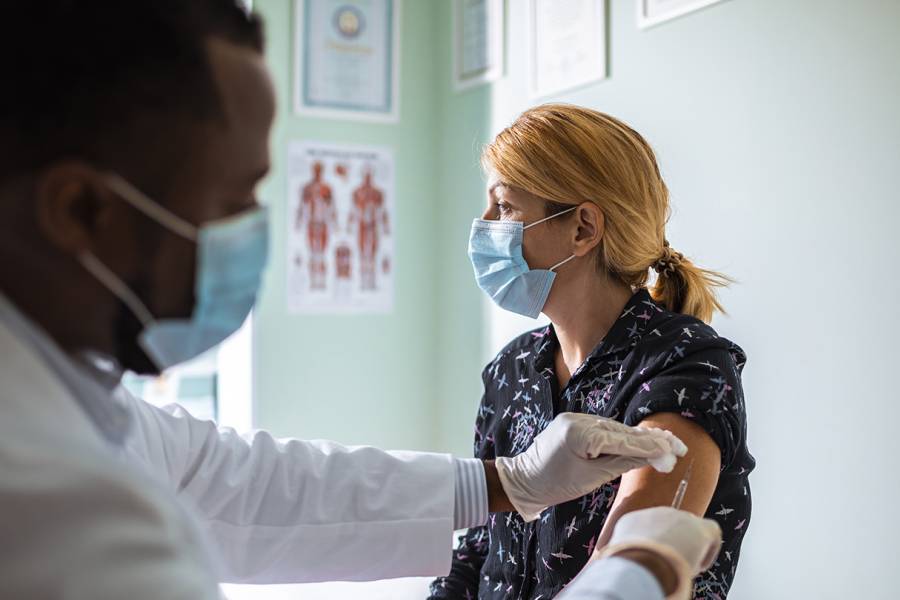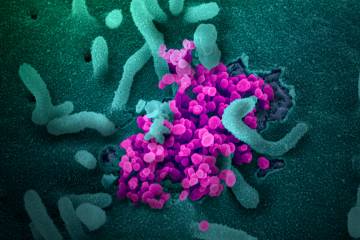Johns Hopkins emergency medicine specialist Lauren Sauer says it's a good sign for vaccine safety that one prominent coronavirus vaccine trial was suspended this week to address an unexplained illness in a participant.
"I think that people should actually be happy to see that this is happening," Sauer told Bloomberg yesterday, referring to the pharmaceutical company's AstraZeneca's announced suspension of Phase 3 clinical trials of the coronavirus vaccine it's developing with the University of Oxford.
"We stop trials when we see something concerning or unexplainable, something that doesn't align with the data we saw in Phase 1 and Phase 2," Sauer said. "So this is AstraZeneca doing their due diligence—looking at this adverse event, looking at what happened to this person who had an unexplained illness, going back to their data to see if perhaps they saw it elsewhere."
AstraZeneca's chief executive said Wednesday that a female participant in the United Kingdom experienced neurological symptoms consistent with a rare spinal inflammatory disorder called transverse myelitis, though her diagnosis is not confirmed.
A safety review by an independent board of experts is expected to determine whether the participant's condition was related to the vaccine trial. In early-stage trials, AstraZeneca's vaccine candidate yielded promising safety data.
Sauer, who directs operations for the Johns Hopkins Office of Critical Event Preparedness and Response, or CEPAR, told Bloomberg news anchors that she is "not as optimistic as some other people" about seeing any successful coronavirus vaccine produced before the end of 2020. But she pointed to "really good data" so far from the nine candidates currently in Phase 3 trials globally.
Sauer said there are "elements that are moving a little fast for my liking personally" in the vaccine development process, but reiterated that AstraZeneca's "pledge of safety over speed was a really important step."
Sauer also discussed the problem of "vaccine hesitancy" in the U.S. and the need for researchers to address that. "It's not just rolling out a vaccine that's safe based on clinical data, it's also really important to understand, what will stop people from taking it? What will encourage people to take it?" she said. "Because if we create a perfect vaccine but no one wants to take it, it doesn't matter."
Read more from BloombergPosted in Health, Science+Technology, Voices+Opinion
Tagged vaccines, covid-19, lauren sauer









